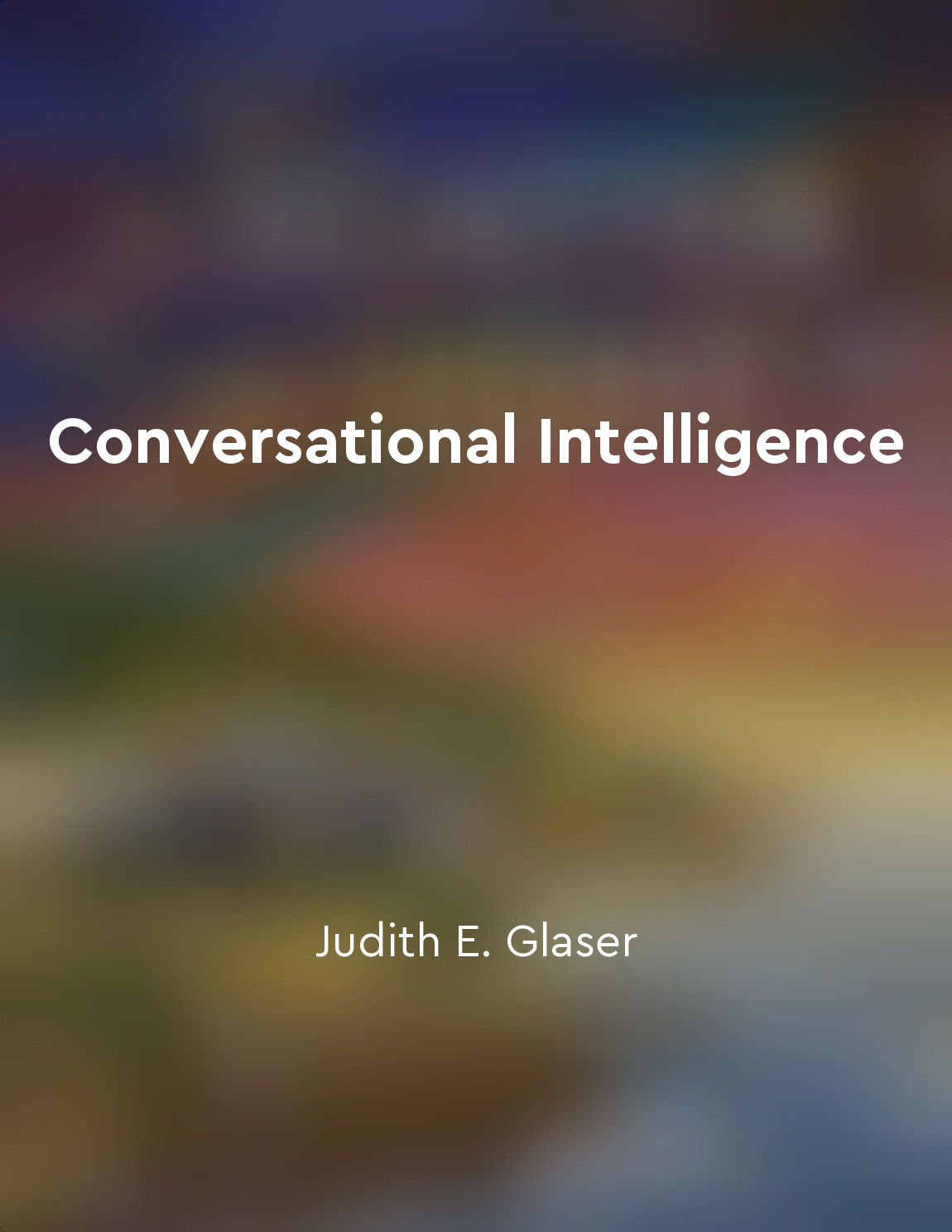Emotions play a crucial role in our instincts from "summary" of The Human Instinct by Kenneth R. Miller
In our daily lives, we often think of instincts as being purely driven by biological impulses. However, emotions also play a significant role in shaping our instincts. Emotions are not just random feelings that arise within us; they have been honed by evolution to serve particular functions that are crucial to our survival and well-being. When we experience fear, for example, our instincts kick in to protect us from perceived threats. This response is not simply a reflex action; it is deeply intertwined with our emotions. Fear triggers a cascade of physiological reactions that prepare our bodies to either confront or flee from danger. This instinctual response is driven by the emotion of fear, which acts as a signal to our bodies that immediate action is necessary for our survival. Similarly, emotions like love and attachment play a crucial role in our instincts when it comes to caring for our offspring. The bond between a parent and child is not just a result of biological programming; it is also shaped by the deep emotional connection that forms between them. This emotional bond motivates parents to protect and nurture their children, ensuring the survival of the next generation. Emotions also play a role in shaping our social instincts. The feelings of empathy and compassion that we experience towards others are not just abstract concepts; they are deeply rooted in our emotional responses. These emotions drive us to form social bonds, cooperate with others, and care for those in need. Our ability to understand and respond to the emotions of others is a crucial aspect of our social instincts, allowing us to navigate complex social interactions and build meaningful relationships.- Emotions are not separate from our instincts; they are deeply intertwined with them, shaping our responses to the world around us in profound ways. By understanding the crucial role that emotions play in shaping our instincts, we can gain a deeper insight into the complex interplay between our biology and our emotions in guiding our behavior and decision-making.
Similar Posts
Embrace moral diversity for a more harmonious society
The idea of moral diversity is crucial for building a more harmonious society. We must recognize that people from different cul...
Personal branding can be enhanced by tapping into the power of mental triggers
When it comes to personal branding, one powerful tool that individuals can leverage is the concept of mental triggers. These tr...

Recognize the impact of nonverbal communication cues
Nonverbal communication cues play a significant role in how we interact and connect with others. These cues can include facial ...
Mental illnesses can significantly impact behavior
Mental illnesses can significantly impact behavior. Consider schizophrenia, a disorder characterized by hallucinations, delusio...
Social facilitation can enhance performance in certain tasks
Social facilitation refers to the phenomenon where the presence of others can impact an individual's performance on a given tas...
Criticism erodes relationships; use gentle startup instead
Criticism is a common pitfall in relationships. When we criticize our partner, it can lead to defensiveness, which in turn esca...
Friendliness enhances group cohesion
Friendliness is a powerful force that can bring individuals together and strengthen group dynamics. When members of a group exh...
Creating a nurturing and safe environment is essential for children's growth
In order for children to thrive and reach their full potential, it is crucial for parents and caregivers to create a nurturing ...
Theories can help us make sense of our emotions and behaviors in relationships
Theories, like attachment theory and social exchange theory, can provide a framework for understanding our emotions and behavio...
Empathy can be learned and nurtured over time
Elizabeth A. Segal posits that empathy is not an innate trait that one is born with. Rather, it is a skill that can be honed an...

